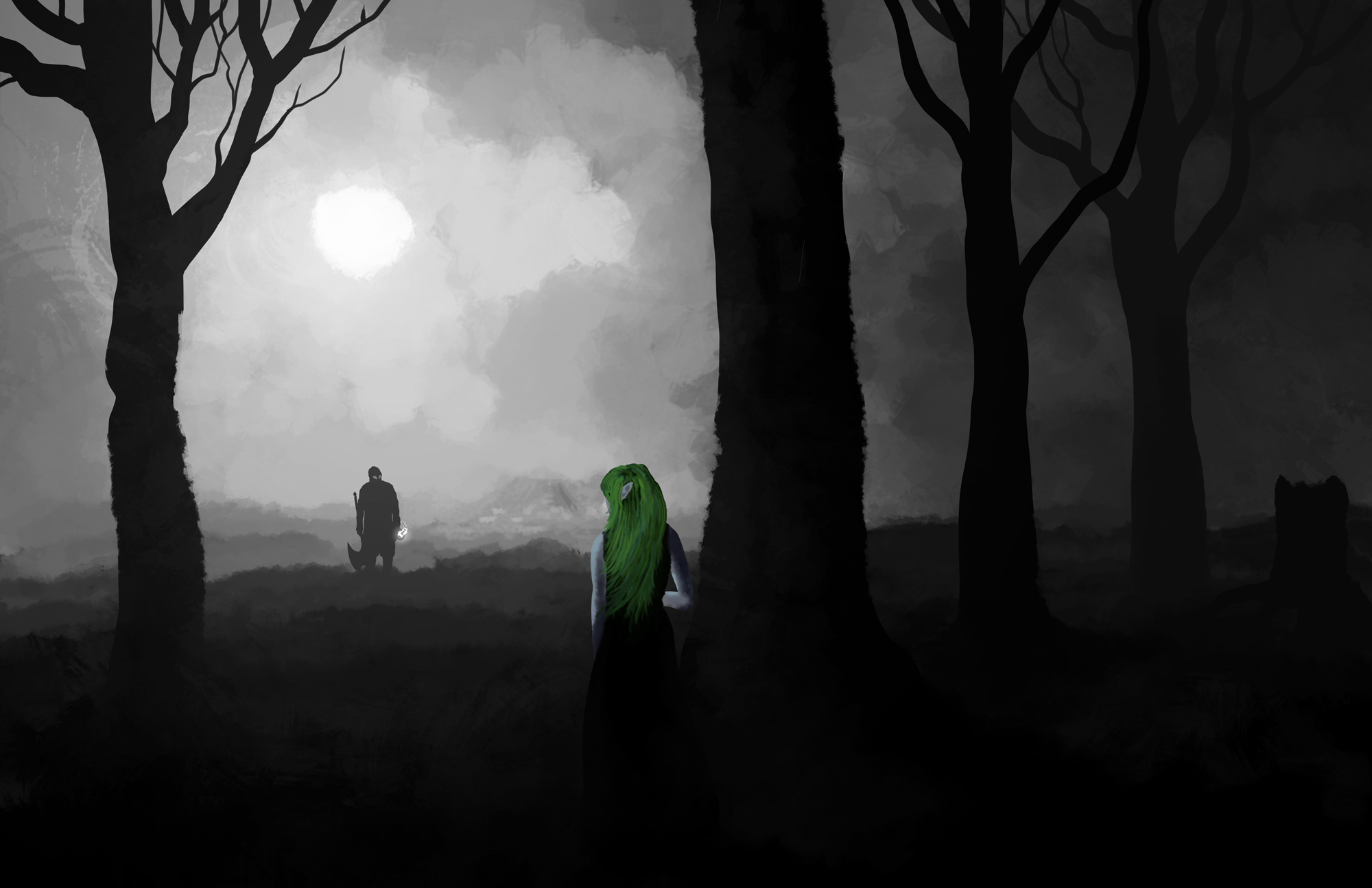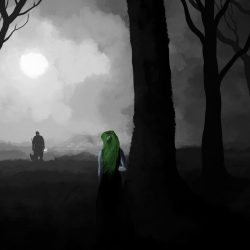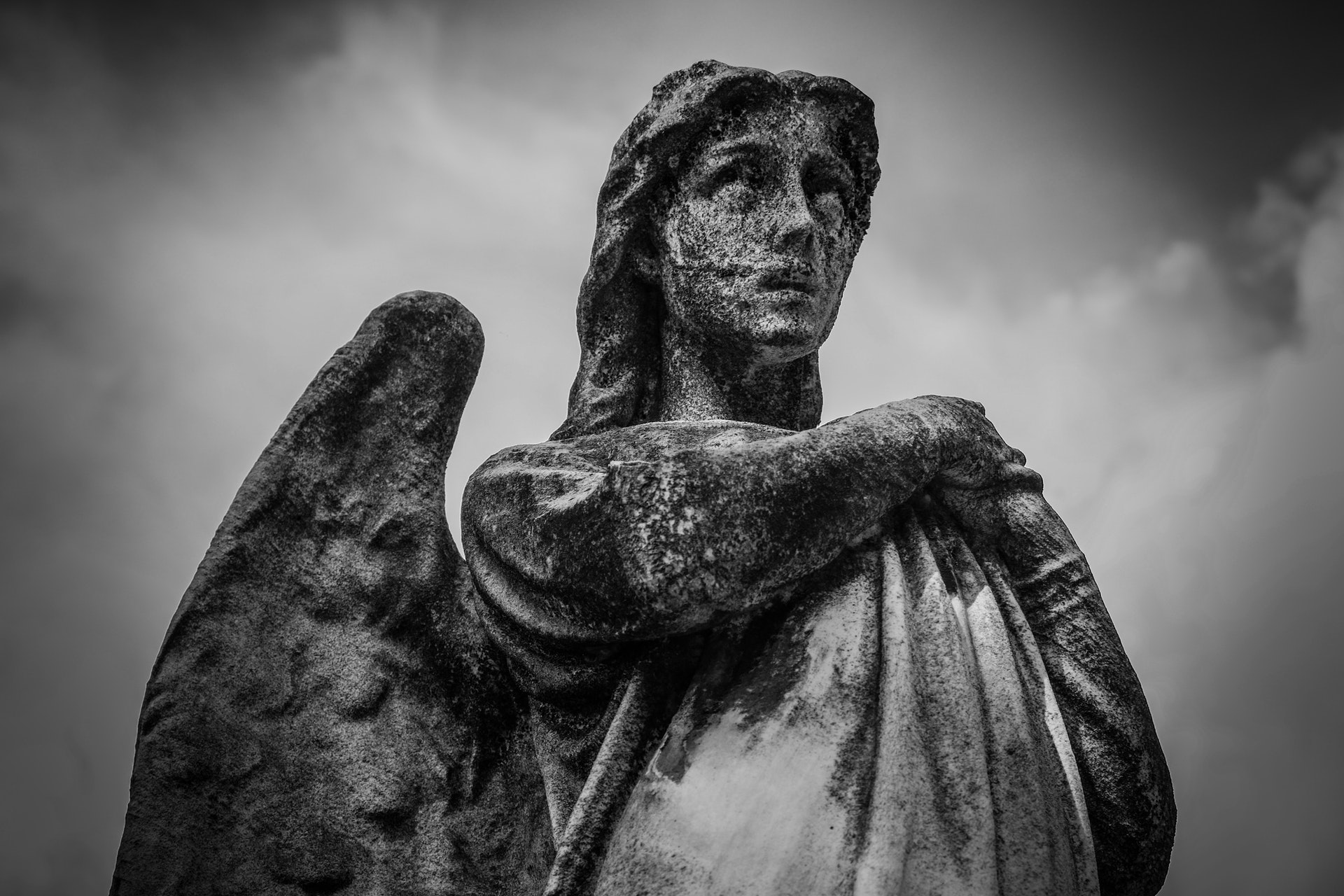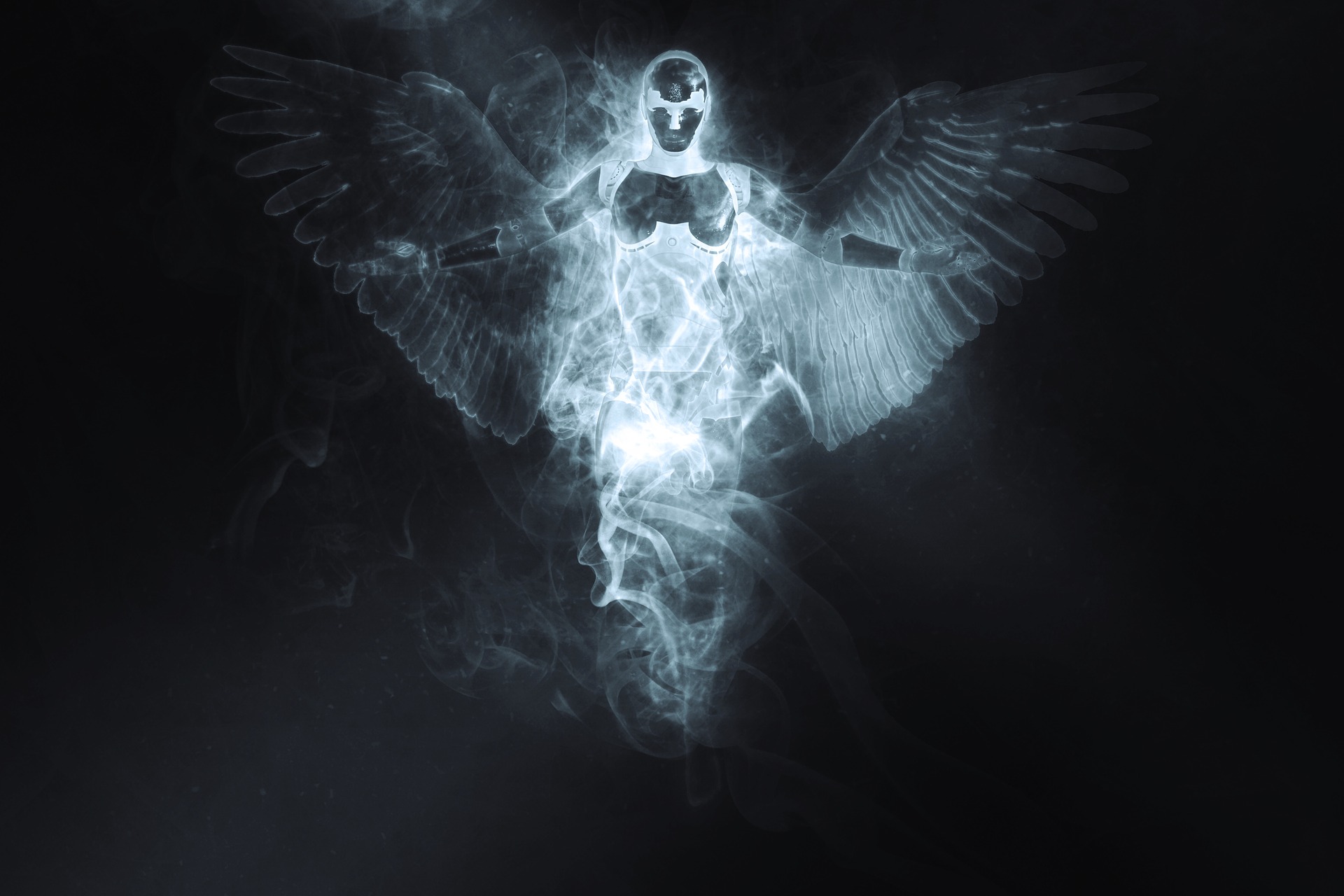Design Notes
Setting Author: Joe Terranova
System Authors: Joe Perry, Jacob Shpiece
Huldufolk was written based on the experiences of a decade of live action and tabletop gaming, attempting to resolve some of the common issues found in live play, and expand the Parlor LARPing hobby.
Here are the general broad strokes of the design intentions for this game. For more specific comments, look for the “Design Notes” or “Narrative Notes” buttons throughout the online version of the book.
An Urban Fantasy Campaign/Parlor LARP
Consider a live action game that occurs indoors, uses character sheets and mechanics for conflict, is run as a networked game with groups in other cities, and runs as a campaign, with chronicles that last several years.
What would you call that style of game? For the most part, it’s called “Vampire”, because Vampire the Masquerade is the only game left that’s run like that (as well as other World of Darkness games). I’ve been calling it Parlor LARP, but many nordic style LARPs are referred like that too. I’ve been suggested to call it “Campaign LARP”, but it doesn’t roll off the tongue very well. If you have another idea, let me know.
Regardless, that style of LARP is my favorite, and I want to see more of it. There used to be more Parlor LARP options on the block, but as the years have passed, those options have dwindled, as has the size of the Parlor LARP part of the community. As the LARP hobby grows, Huldufolk aims to provide new options and growth in the Parlor/Campaign LARP side, and perhaps teach it a few new tricks borrowed from the other parts of the LARP ecosystem.
Pick Your Own Themes
Huldufolk falls squarely in the Urban Fantasy genre, but when it comes to making your own characters, and deciding what sort of themes you want to engage in, there’s quite a bit of leeway built-in to decide which themes you want to focus on. That’s on purpose.
If you want to play a monster, most of The Banished faction should be right up your ally. Though there’s some pretense to their monstrosity, they’re clearly the bad guys. If you want to play a good guy, this game has room for you too, and The Blessed offer a number of options to that end.
If you want your character to have a tragic backstory, take a look at The Stolen. If you want to give other characters a wide open way to mess with you, play The Lost Twin. If you want to have ties to the mortal world, play a Stolen or Lost Twin. If you want focus more on Huldufolk culture and have the option to harken to some of their Fae-like history, play a Hidden Born.
Importantly, while there’s room for darkness in the game, it’s also possible to play the good guy. Evil exists in the world, but you don’t have to be a monster, unless you want to be.
Social PvP With Long-Term Rivalry
Huldufolk is very focused on Social and Political PvP (Player vs Player role-play), and the factions are in constant conflict with each other. However, the difference is that Huldufolk takes killing characters almost entirely off the table. Instead, if you want to fight your enemies, you do so by messing up their plans, going after their ties to the mortal world, or maybe even stealing their allies among the Huldufolk.
Taking character death mostly off the table opens up the possibility for long term rivalries, in the style of Batman and the Joker: the good guy finds out the bad guy’s plan, foils it, roughs them up a bit, and … walks away, to see them next month. The hope is that with less risk of losing their characters to any sort of feud, players will be more likely to take risks in general.
Storyteller-inspired Politics
Many LARP games are highly focused on political conflict between player characters. However, political conflict is generally meant to happen organically, based on the starting conditions of the characters. If that doesn’t occur, players are meant to start their own rivalries with their characters. If that doesn’t happen, either political conflict falls to the wayside, or the Storyteller tries to inject conflict that can easily feel artificial.
Huldufolk tries to solve this issue by introducing factions that ultimately work for Non-Player Characters. It’s wonderful if players develop their own goals and conflict, but the Messengers and Patrons provide Storytellers the opportunity to organically inject conflict into the game.



